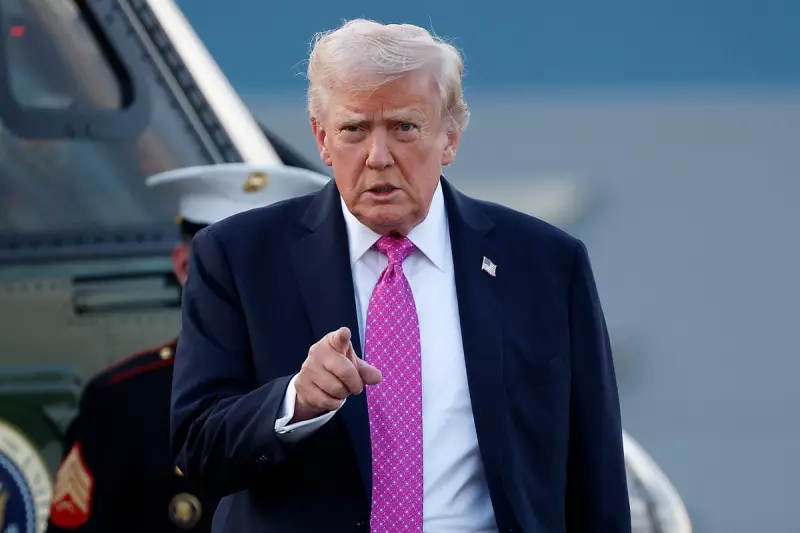
The political world is abuzz after US Congressman Claudia Tenney formally nominated former President Donald Trump for the 2024 Nobel Peace Prize. The nomination centres on claims that Mr Trump's policies prevented the Ukraine war from escalating into a broader, more devastating European conflict.
The Rationale Behind the Nomination
In her submission, Representative Tenney argued that Mr Trump's tenure was defined by a "philosophy of peace through strength." She credited his administration's decisive actions, particularly the provision of Javelin anti-tank missiles to Ukraine, with creating a powerful deterrent against further Russian aggression. "Trump’s historic peace agreements in the Middle East, known as the Abraham Accords, also demonstrate his ability to broker peace where others have failed," Tenney stated.
A Chorus of Criticism at the United Nations
The nomination has not been met with universal acclaim. At the United Nations, the proposal has drawn sharp criticism from various diplomats. One European ambassador, speaking on condition of anonymity, called the idea "preposterous," suggesting it rewards rhetoric over tangible diplomatic achievement.
Critics were quick to point to Mr Trump's past statements praising Russian President Vladimir Putin, even in the early stages of the 2022 invasion, as evidence that the nomination is politically motivated rather than based on merit.
Deterrence vs. Diplomacy: The Core Debate
The situation highlights a fundamental divide in international relations. Supporters of the nomination believe that demonstrating military strength is the most effective way to ensure peace. Conversely, opponents argue that true peace is built through sustained diplomacy, coalition-building, and support for international institutions—approaches they feel Mr Trump often undermined.
This nomination ensures that Donald Trump's foreign policy legacy will remain a central topic of debate, intertwining with the ongoing geopolitical crisis in Europe and the upcoming US electoral season.





